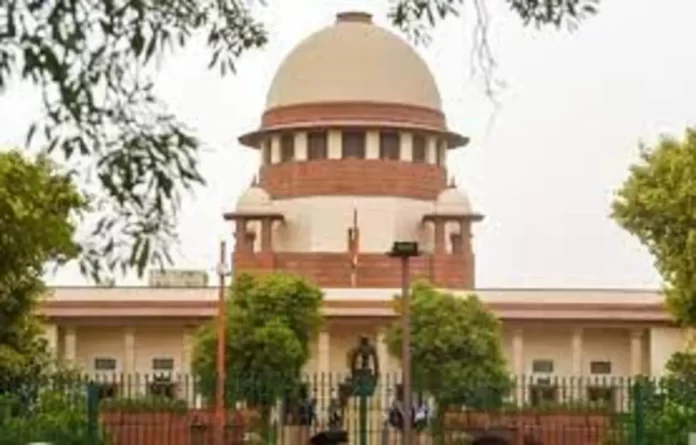The Supreme Court on Thursday denied permission to Vedanta to reopen the Sterlite Copper smelting plant in Tamil Nadu’s Tuticorin. The court cited repeated breaches and serious violations on the part of Vedanta.
A bench comprising Chief Justice DY Chandrachud, Justice JB Pardiwala and Justice Manoj Misra dismissed the special leave petition filed by Vedanta Limited against an August 2020 Madras High Court ruling dismissing a batch of pleas by the company against the closure of its copper plant in Tuticorin and other consequential orders passed by the Tamil Nadu Pollution Control Board (TNPCB).
In its judgment, the court stated that the closure of industry undoubtedly not a matter of first choice. Nonetheless, the repeated nature of breaches, along with the severity of the violations would in this analysis, neither the statutory authorities nor the High Court take any other view unless they were to be oblivious of their plain duty.
The Court pointed out that the statutory authorities have entered multiple findings of facts over which the High Court has refused to interfere in the exercise of its judicial review power. The Court stated that no serious error in the approach of the High Court has been shown by the petitioner to warrant an interference under Article 136.
In its judgment, the court affirmed the principles of sustainable development, the polluters pay principle, and the public trust doctrine. The bench observed that although the unit has been contributing to the productive assets of the nation, providing employment and the revenue in the area, these well-settled principles of environmental jurisprudence must be remembered.
The bench added that the health and welfare of the residents of the area is of utmost concern and in the ultimate analysis, the state government is responsible for preserving and protecting their concerns. Consecutively, it pronounced that after capable evaluation, the court came to the conclusion that the special leave petition by the industrial unit does not warrant interference under Article 136 of the Constitution. Hence, the special leave petition stands dismissed.
The apex court also dismissed the appeals filed by the Tamil Nadu Pollution Control Board challenging the observations made by the HC against it regarding its inaction. The court stated that it is of view that the High Court was justified in making those observations in regard to the lack of alacrity on the part of the Tamil Nadu Pollution Control Board (TNPCB) in discharging its duties.


